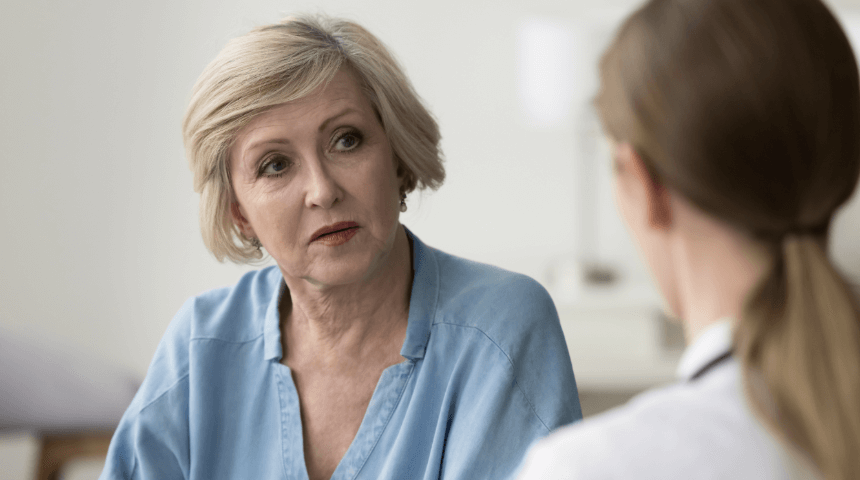Endometriosis has a wide range of symptoms – from back pain to fatigue and even infertility. It can be tough to diagnose, but genetics, immune system issues and hormonal imbalances are likely linked to the condition.
Endometriosis affects an estimated 1 in 10 women during their reproductive years and can involve multiple internal organs. The exact causes of endometriosis are unknown.
Diagnosis Isn’t Simple
When endometrial tissue both inside and outside the uterus becomes inflamed, a woman can experience pain as the tissue grows, bleeds and becomes trapped in the abdomen. Scar tissue can form in the places where internal organs bind together.
Symptoms of endometriosis include:
● Back pain
● Bleeding between periods
● Chronic pelvic pain
● Heavy bleeding during period
● Fatigue
● Infertility
● Painful periods
● Painful ovulation
● Pain during or after sex
These can begin as early as a girl’s first period or may show up years later. Diagnosis isn’t always simple or straightforward. The first step is visiting your OB-GYN to discuss your symptoms.
Your doctor will ask questions about your health history, your periods and your family history, and will ask for details about symptoms you are experiencing. They may also do a pelvic examination to determine areas in the pelvis that are sore and tender because of the condition. Your doctor may order tests, including:
● Ultrasound scan. An ultrasound wand/probe is inserted into the vagina and sound waves are used to create images of organs in the abdomen that may be affected by endometrial tissues.
● Laparoscopy. A telescope camera is passed through the belly button into the abdomen to allow doctors to see the pelvic area and identify areas in the abdominal cavity that are affected by endometriosis.
● Magnetic resonance imaging (MRI). This is used to take images of internal organs and can show which organs and parts of the abdomen are affected by endometrial tissue.
Connection Between Hormones and Endometriosis
The hormone estrogen is responsible for the development and regulation of the female reproductive system and menstrual cycle. When estrogen levels are too high, hormonal imbalances can occur.
Research shows that women with endometriosis have higher levels of estrogen, which can affect the endometrial tissue outside of the uterus and lead to inflammation and pain.
Estradiol is a type of estrogen that regulates how uterine tissue grows. It is associated with the development and progression of endometriosis adhesions in the abdomen. Women with endometriosis are often prescribed medications to reduce their estrogen levels to reduce pain and other symptoms.
Rebalancing Hormones Is Key
There’s no cure for endometriosis, but treatments are available to reduce symptoms and pain. It may take a few tries to find the right treatment, because every woman’s experience of endometriosis is different. Since a hormone imbalance is closely linked with the symptoms of endometriosis, there are a few hormonal treatments that can help, including:
Hormonal contraceptives. There are typically a combination of estrogen and progestin and are often prescribed to women with endometriosis to reduce pain, control menstrual cycles and slow the progression of endometriosis. These are available as birth control pills, patches, injections and vaginal rings.
Gonadotropin-releasing hormone (GnRH) agonists and antagonists. These medications block the production of estrogen, which is strongly connected to endometriosis. Blocking the body’s production of estrogen creates artificial menopause and prevents menstruation. GnRH medications are available as injections — given every three months, monthly or daily — or in nasal spray form.
If hormonal medications do not help reduce endometriosis symptoms, your doctor may recommend a minimally invasive laparoscopic surgery. Your doctor will make small incisions in your abdomen to surgically remove the endometrial tissue, including scar tissue. This can help relieve pain and slow the progression of the condition.
If you suspect you have endometriosis, talk with your doctor. Treatments are available to help reduce your symptoms and improve your quality of life.
Choose to Stay in Touch
Sign up to receive the latest health news and trends, wellness & prevention tips, and much more from Orlando Health.
Sign Up





